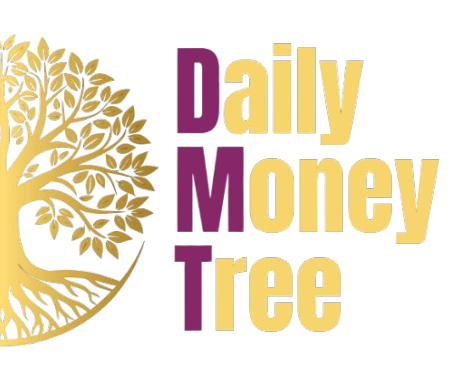Is Affiliate Marketing a big scam? This is the question I have noticed has been coming up more and more on forums, blogs, and social media in the last couple of months.

What happens when an affiliate exaggerates with creativity to make money?
The eternal struggle between good and evil or making money lawfully or making more of it using “creativity” is the problem of every affiliate.
We often find ADS on Facebook with testimonials such as Belen Rodriguez, Rocco Siffredi, or famous brands, and immediately the question arises in us “but are these ADS authorized?” 99.99% NO!
But all women dream of having a statuesque body like Belen’s, all men want to be stallions in bed like Rocco and, at the same time, everyone wants to receive something from brands.
If these activities are not authorized, what could happen to the affiliate in the event of a report?
Legal aspect: The famous person (VIP) or brand reports to Facebook the inappropriate use of images, in the worst-case scenario it could trigger a BAN of the advertising account or close the page. In the event that the ADS usage page was easily traceable to the affiliate, the affiliate could receive a registered letter of warning of the use of the brand and therefore stop all promotional activities. In the event that the affiliate is recidivist in his behavior, the company that has already warned him, will take legal action.
In the event that such VIPs or brands are used by Advertisers on their landing pages, the injured company will most likely take legal action against the advertiser and network.
Let us remember that between the affiliate network and the advertiser there is a contract where everyone has their own responsibilities and often (but let’s not take it for granted) also between the affiliate network and the affiliate there are conditions of use of the materials made available.

Compliant affiliates, networks and advertisers
For some categories such as Nutra, Adult, and Mobile the results count (consequently the turnover), and giving space to “creativity” is good for everyone, except for the poor user, so all legal or illegal actions are allowed. In the event that there is a warning, well the “blame game” strategy applies and with a juror, I never do it again, if I do it again I am an a..hole… you avoid criminal proceedings!
For other categories and more solid businesses, everyone is at risk, so if the affiliate uses VIPs or brands that have not authorized the use, all leads or sales generated may be canceled, suffer a BAN from the network, and incur criminal proceedings. on the part of the network and in some cases also on the part of the advertiser (and here there are no jury swearers who care because, through this creative promotion, the affiliate could have damaged the brand!)
To avoid damaging a brand it is necessary to carefully read the Terms and Conditions of a campaign and respect the conditions, in this way you will have approved sales and leads and the possibility of scaling.
As complicated as it may seem, it’s all very simple, let’s see it with an example:
Reality: I am a wine seller and through the brands handled and my will, choices, and desire to work I try to bring my business into profit.
Reality + Augmented creativity: I buy wine at the discount store, pour it into a bottle of Dom Perignon and sell the sparkling wine for € 30 / glass – to show that the place is renowned, I hire a good graphic presence (with dedication) of Belen, Rocco and the last season of Big Brother! Guaranteed profit.
But this is called a scam!
Oh yes? And using Belen, unbeknownst to her, by selling products to have perfect buttocks (like hers) – with dubious effectiveness – do you think it’s just “creativity”?
This modus operandi generates results and large turnover but at the same time generates self-styled sellers and scammed users by working only with companies that do not care about the user’s health, therefore they do not have a reputation to safeguard, which is why those who talk about affiliation today (but also all over the world) flaunt earnings but not the brands they work with.

Easier, fewer rules, more turnover = Enjoy Affiliate Marketing!
Enjoying affiliate work is often synonymous with luxury cars, travel, and big money. The income comes from easily scalable campaigns, impressive ROI, cash flow to invest in ads, and fast payments (net7, net3 or even net1), in all this it doesn’t matter what product and what the user gets.
The concept of a white, black, and gray campaign is always very subjective because it is often linked to the franchisee’s interpretation. On the other hand, working with well-known brands (with authorization) is not sustainable because it has many rules, infinite payment times, and few scaling possibilities.
What to choose? What to promote? How to do it?
Attention: I’m not here to give you the moral, but I just want to respond to the many doubts I read around and who perceive Affiliate Marketing as a big scam.
If your goal is to get rich by taking care only of your bank account, the answer is obvious.
If, on the other hand, you want to earn serious money with affiliate marketing, you have to seriously structure yourself, propose products/services that you yourself would buy or join, or simply consider really useful for other people. Remember, Affiliate Marketing offers you the opportunity to have very powerful tools and be a seller of multiple services/products… don’t just be a cookware seller!
To your success!
S







